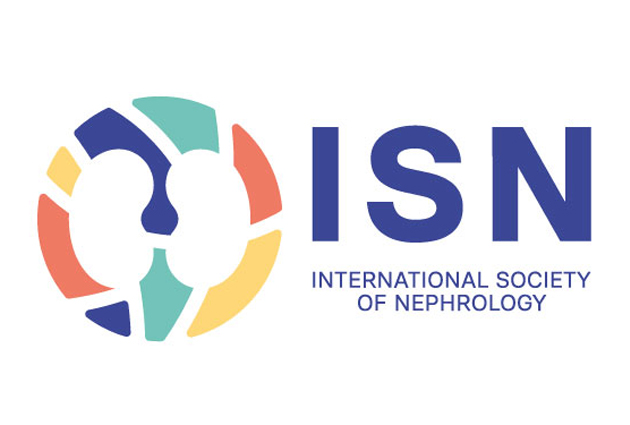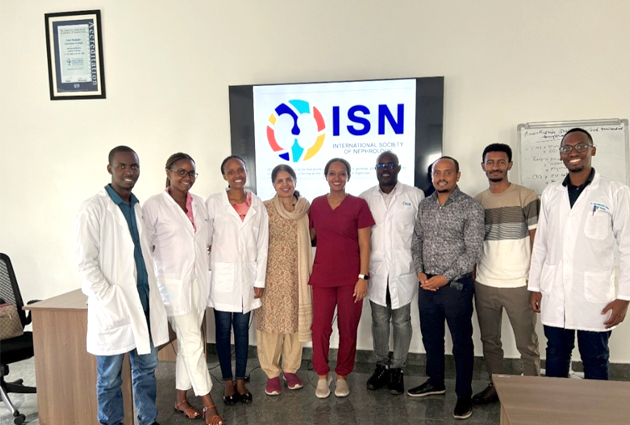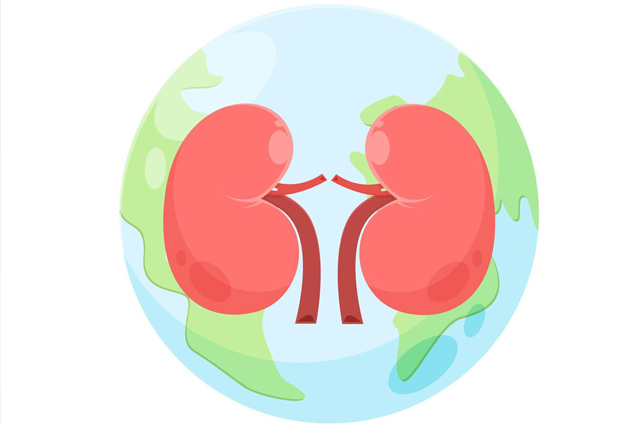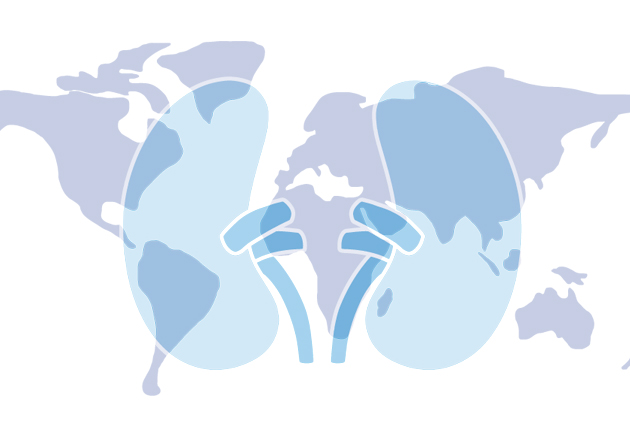The snake bite effect on Myanmar’s renal patients
As a recent guest of Professor Khin Maung Htay at Yangon’s Thingangyun San Pya Hospital and Yangon Specialist Hospital, I was exposed to how snake bites are a major health concern in Myanmar, especially for kidney patients.
In 2012, there were almost 14,000 reported snake bites in Myanmar, 2% were fatal. Last year, out of 143 acute kidney injury (AKI) cases in Thingangyun San Pya Hospital, 89 of them were caused by snake bites.
Anti-venom is very effective if given early. Dialysis patients generally receive acute peritoneal dialysis via a hard catheter inserted using a trocar.
Dr Khin Thida Thwin showed me around Yangon Specialist Hospital’s renal unit, which she directs. It is a snake bite research and referral center.
Out of 2,000 admissions in 2015, 27% were AKI related, and more than half of these cases were due to snake bites.
The mortality rate amongst kidney disease patients is about 5-15%, compared to 2% for all cases of snake bite. About 10% develop panhypopituitarism because of disseminated intravascular coagulation, while a smaller number develop acute respiratory distress syndrome, which is almost always fatal.
Thingangyun Sanpya Hospital’s renal unit was established in 1991 and provides acute and chronic hemodialysis to over one hundred patients, as well as acute peritoneal dialysis services. In a few years, it will start renal transplantation.
Further reading in Kidney International on snake-bite-induced AKI
Acute renal failure after Crotalus durissus snakebite: A prospective survey on 100 patients












